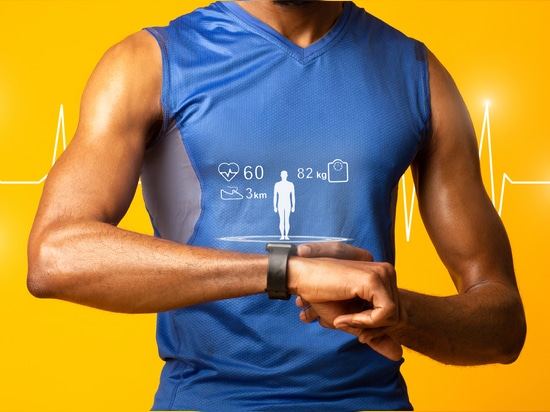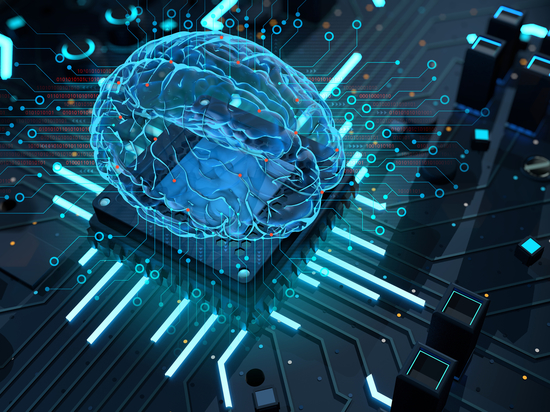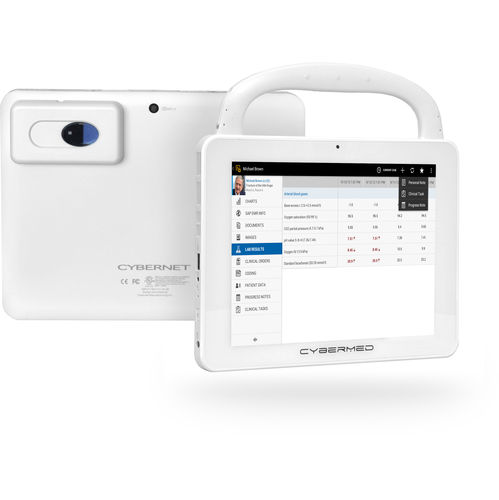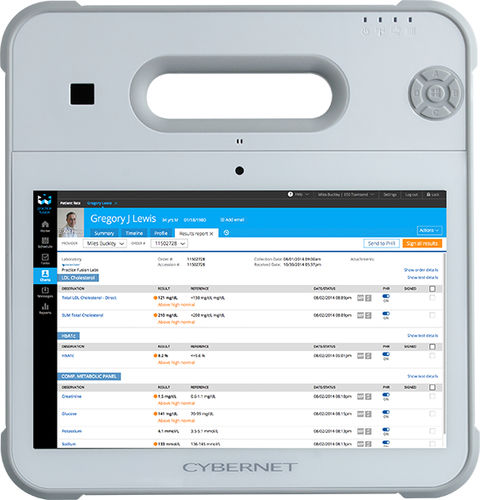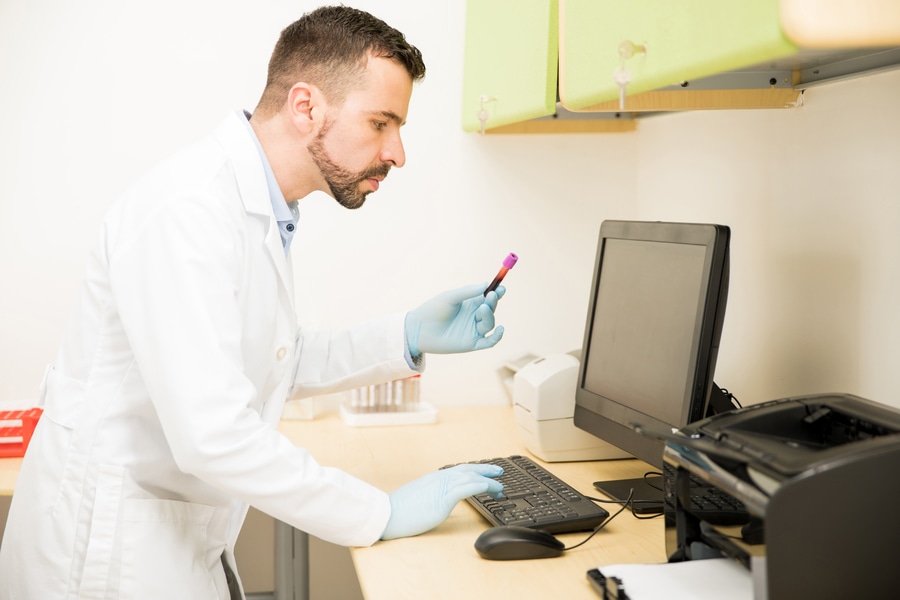
#Product Trends
HOW MEDICAL SOFTWARE IMPROVES PATIENT CARE AND STREAMLINES PROVIDER WORKFLOW
Five more to check out for your medical practice
EHR/EMR, telehealth/telemedicine, Remote Patient Monitoring (RPM), medical image analysis, and medical diagnosis are the most well-known medical software.
Today, we cover five more. While some are aimed for use by the provider (e.g., medical database), others are primarily targeted at patients (e.g., health tracking / mHealth). As you'll quickly see, most work closely together to provide the best patient experience.
Medical Database Software
Medical database software contains histories, treatment plans, and health information of patients. This is similar to electronic health records (EHR).
The significant difference is application. Medical databases, unlike EHRs, are used by providers focusing on diagnosing the disease or abnormal condition itself. In contrast, providers use EHR to track the patient's health.
PubMed.gov is a well-known medical database. A provider may pull the database up to browse all patients' EMRs diagnosed with necrotizing fasciitis, aka "flesh-eating disease." They can then compare and contrast their symptoms, treatments, and prognosis.
Medical research software is also found at the site. This type of program is commonly used to train medical personnel. It can also be referenced to pull up articles and papers on the disease if there are no similar clinical cases among patients locally.
E-prescribing Medical Software
The days of patients dropping off paper prescriptions at their local pharmacy are long gone.
Medical professionals now issue, track, renew, and cancel prescriptions for their patients electronically. This reduces misinterpretation of the prescription because of illegible handwriting, the selection of an incorrect or unavailable drug, or duplication.
There's another advantage. E-prescription medicine software is linked with national drug reference databases. This greatly aids in the illegal diversion of controlled substances.
Medical Billing Software
Healthcare is expensive to operate. This is especially true in countries where the private sector primarily handles it.
This is where medical billing software comes in. It helps the medical clinic and hospital accounting departments track. It can be used for:
Patient invoices
Payments
Miscellaneous financials
Many medical software for billing are often integrated into the EHR or hospital management e-systems. Data from related departments like medical coding, which provides the standard codes for names like disease and treatment plans, can also be synced with such programs.
Health Tracking Apps (mHealth)
Mobile health (mHealth) are health-tracking apps consumers use for various health-related reasons.
This form of healthcare software is the most expansive use among users. These include:
Trackers on physical activity, movement, diet, and weight loss.
Monitor mental health and well-being.
Women-focused health concerns like pregnancy and menstrual cycle (femtech)
Other, even more specialized mHealth apps aid caregivers in keeping track of and monitoring their hospice patients.
Many healthcare groups are increasingly integrating medical software like EMR with mHealth apps. This allows providers to access the patient's most up-to-date vitals along with their medical records. High-performing ones provide telehealth services as well as more administrative tasks like settling medical bills to scheduling appointments.
Personal Health Records
At first glance, personal health records (PHR) look like a form of mHealth.
But they're not. Unlike those apps, PHRs focus more on monitoring disease processes than healthy habits and lifestyles. They would aid a patient suffering from Parkinson's, noting symptoms, sensations, medication, or treatment.
Because of this difference, PHRs have also been called medical diaries.
A PHR may or may not sync with a provider's medical software. Those that do allow the provider to generate and review a health report on their medical tablet before the patient's visit.
Closing Thoughts
Medical software is used by healthcare to automate many processes. While EHR is the most well-known, others like medical billing and mHealth are vital. All are used throughout healthcare to ensure a high level of patient care.
Contact an expert here at Cybernet if your healthcare group wants to know why it's advantageous to integrate its medical software with our medical computer.
